Is Somalia Ready for Infrastructure Investments from DP World?
DP World History
DP World is an Emirati multinational logistics company based in Dubai, United Arab Emirates. It specialises in cargo logistics, port terminal operations, maritime services and free trade zones. DP World handles 70 million containers that are brought in by around 70,000 vessels annually. This equates to roughly 10% of global container traffic accounted for by their 82 marine and inland terminals present in over 40 countries.
One part of the company was initially founded in 1972 by Sheikh Zayed bin Sultan Al Nahyan, the first President of the United Arab Emirates. The company was named Dubai Port Authority and was responsible for the operation of the port of Dubai. Then, a subsequent small company, named DP World was founded in 1989 by Sultan Ahmed Bin Sulayem, the current CEO. The company started out as a small port operator in Dubai and has since grown to become one of the largest logistics companies in the world. Formed in 2005 by the merger of Dubai Ports Authority and Dubai Ports International, the world renown DP World is born.
DP World's success is due to a number of factors, including its strong focus on customer service, its innovative use of technology, and its commitment to sustainability. The company is constantly investing in new technologies and infrastructure to improve its operations. DP World is also committed to reducing its environmental impact and is working to become a carbon-neutral company by 2050, according to the company's website.
DP World has been involved in a number of high-profile controversies, including the 2006 Dubai Ports World controversy, in which the company was accused of involvement in the September 11, 2001 attacks. The company denied the allegations and the controversy was eventually resolved. Despite the controversies, DP World has continued to grow and expand. The company is now one of the largest logistics companies in the world and plays a vital role in the global economy.
What is the Company's Reach in Africa?
The company has a strong presence in Africa, with its ports handling a significant amount of the continent's trade. DP World is also investing heavily in Africa, with a number of new projects underway.
The company's presence in Africa is seen as a positive development, as it is helping to improve the continent's infrastructure and connectivity. DP World is also creating jobs and opportunities for Africans.
DP World is now operational in 9 African countries which include countries like: Algeria, Angola, Egypt, Mozambique, Nigeria, Rwanda, Senegal, Somalia (Somaliland), South Africa,
The company has also MoUs with 16 countries in the continent, including the likes of: Malawi, Zambia, Burundi, Rwanda, Uganda, Zimbabwe, Democratic Republic of Congo, Ethiopia, Kenya, Madagascar, Morocco, Mozambique, Namibia, Senegal, Tanzania, Uganda.
The role ports play in the growth of economies
Ports play a vital role in increasing a country's GDP by facilitating trade and commerce. They provide a gateway for businesses to import and export goods, and they also create jobs and economic growth.
A study by the World Bank found that a 10% increase in port throughput can lead to a 6-20% increase in the GDP of the regions served by the port. This is because ports create jobs, generate tax revenue, and stimulate economic growth.
Another study by the University of California, Berkeley found that a 1% increase in port throughput can increase GDP per capita growth by 7.6%.
In addition, ports can also help to reduce the cost of goods by providing a more efficient way to transport them. This can lead to lower prices for consumers and businesses, which can also boost economic growth.
Overall, ports play a vital role in increasing a country's GDP by facilitating trade and commerce. They provide a gateway for businesses to import and export goods, and they also create jobs and economic growth. Ports are also important for the development of new industries and technologies. They can provide a platform for businesses to test new products and services, and they can help to attract investment from foreign companies.
Lastly, ports play a vital role in the economic development of countries. They are a gateway for international trade, they generate employment, and they can boost economic activity in the regions they serve.
Investment or exploitation in Somalia?
DP World has been investing heavily in Somalia in recent years. The company has signed a number of deals with the Somali government to develop and manage ports in the country. The company's interest in Somalia is driven by a number of factors. The country is strategically located on the Horn of Africa, which is a major shipping route. Somalia also has a large and growing population, which provides a potential market for DP World's services.
DP World's investments in Somalia have been controversial. Some Somalis have accused the company of exploiting the country's resources and of contributing to the country's instability. DP World has denied these accusations and has said that it is committed to helping Somalia develop its economy. Despite the controversy, DP World's investments in Somalia are likely to continue. The company has a long-term commitment to the country and is confident that its investments will be profitable.
The company's investments in Somalia are part of its strategy to expand its operations in the Horn of Africa. The company believes that the Horn of Africa is a strategically important region for trade and that its investments in the ports of the region will help to boost economic development.
Berbera, Somaliland
DP World's investments in Somaliland are part of the company's strategy to expand its presence in the Horn of Africa. The company believes that the region has the potential to become a major economic hub and that its investments will help to stimulate economic growth.
So far, the company has invested $442 million in Berbera Port. The investment includes the construction of a new container terminal, a dry port, and a bulk cargo terminal. The investment is expected to create 1,000 jobs and to generate $200 million in economic activity annually.
DP World is also investing in the expansion of the Berbera port. The company is planning to add a new container terminal and a new quay wall to the port. The expansion is expected to cost $120 million and will be able to handle up to 2.5 million containers per year and is expected to be completed in 2025. The project will also include the development of a free trade zone and a new airport.
The expansion of the port of Berbera is seen as a major boost for the Somaliland economy. The project is expected to create thousands of jobs and attract billions of dollars in investment. The project will improve Somaliland's connectivity with the rest of the world.
Bosaso, Puntland
DP World, a Dubai-based ports operator, is developing the Port of Bosaso in Puntland, Somalia. The company signed a 12-month agreement with the Puntland government in early 2023 to upgrade and expand the port. The project will include the development of a 150-meter quay, as well as repairs to the current 215-meter quay. Other infrastructure will include the development of a new 3,000 square metre container yard, and a 4,000 square metre container stripping yard. The gate area to the port will also be upgraded to improve access control.
The project is expected to cost $70 million and is expected to be completed in early 2024. The port is expected to be able to handle 150,000 TEUs (twenty-foot equivalent units) of cargo per year after the expansion.
The development of the Port of Bosaso is a major boost for the Puntland economy. The port is expected to create thousands of jobs and attract billions of dollars in investment. The port is also seen as a way to improve Puntland's connectivity with the rest of the world. The development of the port of Bosaso is a major development for Puntland, and is expected to have a significant impact on the country's economy and future.
Garacad, Puntland
The Garacad Port in Puntland is currently under construction and is expected to be completed in 2023. The port will be able to handle 3,500,000 tons of cargo per year and will be a major hub for trade between the Horn of Africa and the Middle East. DP World had shown interest in the completion of this strategic port, however, the investors were in interested in handing over the port to outside companies.
The port is being developed by a consortium of companies led by local and regional investors. The other members of the consortium include the Puntland government, the Somali Chamber of Commerce, and the Somali Maritime Authority. Part of the of the financing was a loan from the African Development Bank. The loan is worth $100 million and will be repaid over a period of 25 years.
The construction of the port is creating thousands of jobs and is expected to attract billions of dollars in investment. The port is also seen as a way to improve Puntland's connectivity with the rest of the world.
The port of Garacad is located on the coast of the Indian Ocean, and is strategically located close to the main shipping route between Europe, Africa and Asia. The port is also located close to the Ethiopian border, and is seen as a potential gateway for Ethiopian trade. The port is a major development for Puntland and is expected to have a significant impact on the economy.
Investment in ports in Mogadishu and Kismayo?
DP World is also investing in the ports of Mogadishu because it has the potential to become a major hub for trade in the Horn of Africa. The company has signed a 30-year concession agreement with the Somali government to develop and manage the Mogadishu Port.
The company has also expressed interest in developing a free trade zone in Mogadishu. DP World has also showed an interest in developing Kismayo Port because it is located in a strategic location on the coast of Somalia.
Djibouti
In 2006, DP World won a 30-year concession to operate the Doraleh Container Terminal in Djibouti. The terminal was built by DP World and began operations in 2009.
In 2018, Djibouti terminated the contract with DP World, claiming that the company had failed to meet its obligations. DP World denied the allegations and filed a complaint with the London Court of International Arbitration (LCIA).
The dispute between DP World and Djibouti is a major setback for the country's reputation as a business-friendly investment destination. The dispute has also raised concerns about the country's commitment to the rule of law.
The dispute is likely to continue for some time, and it is unclear how it will be resolved. However, the dispute has highlighted the importance of the rule of law, and has raised awareness of the challenges facing Djibouti.
Interest in Eritrea
DP World has interest in Eritrea. In 2018, DP World won a bid to upgrade and manage the ports of Asmara and Massawa in Eritrea. The company's interest in Eritrea is part of its strategy to expand its operations in Africa. The company believes that Eritrea has the potential to become a major hub for trade and logistics in the region. DP World's investments in Eritrea are seen as a vote of confidence in the country's economy. The company's involvement in the country is also expected to create jobs and boost economic growth.
The company has also expressed interest in developing other infrastructure projects in Eritrea, including a new airport and a railway network. The company believes that Eritrea has the potential to be a major economic hub in the region and is committed to helping the country achieve its economic potential.
Port Sudan
In 2021, DP World signed a memorandum of understanding with the Sudanese government to develop and manage the port of Suakin. The port is located on the Red Sea coast and has the potential to be a major hub for trade between the Horn of Africa and the Middle East.
DP World has also expressed interest in developing other infrastructure projects in Sudan, including a new airport and a railway network. The company believes that Sudan has the potential to be a major economic hub in the region and is committed to helping the country achieve its economic potential.
DP World's investment in Sudan has been met with some controversy. Some have criticized the company for investing in a country with a history of human rights abuses. However, DP World has defended its investment, saying that it is committed to helping Sudan develop its economy and improve the lives of its people.
However, in 2021, the Sudanese government suspended DP World's contract to operate the port, citing "non-compliance with the terms of the contract." The company has denied the allegations and has filed a legal complaint against the government. The case is still pending.
Lamu Port
The Lamu Port is a deep-water port being developed in Lamu County, Kenya. The port is expected to be operational in 2023 and will be the second-largest port in Kenya after Mombasa.
The port is being developed by the Kenya Ports Authority (KPA) and is being financed by a consortium of banks. The port will have a capacity of 2.5 million TEUs per year and will be able to handle large container ships.
The port is expected to be a major hub for trade in the region and will be connected to the Lamu-South Sudan-Ethiopia Transport (Lapsset) Corridor. The Lapsset Corridor is a major development project that aims to connect Kenya, Ethiopia, and South Sudan through a network of roads, railways, and ports.
The Lamu Port is expected to have a significant impact on the Kenyan economy and is seen as a major boost for the country's trade and investment. The port is also expected to create thousands of jobs and improve the lives of the people of Lamu County.
The Port of Lamu is a seaport in Kenya, located at Manda Bay, on the Indian Ocean coast. The port is currently under construction and is expected to be operational in 2023. The port is also seen as a way to improve the lives of the people of Kenya. The port will provide jobs and opportunities for the people of the region, and will help to improve the infrastructure of the country.
The port is located on the coast of the Indian Ocean, near the border with Somalia. It is expected to handle a wide range of cargo, including containers, bulk goods, and oil. It is also expected to be a major hub for tourism, with plans for a cruise ship terminal and a marina.
Port of Mombasa
DP World is also investing in Mombasa Port. In 2021, DP World signed a memorandum of understanding with the Kenyan government to develop and manage the port. The company plans to invest $1 billion in the port, which will include the construction of new facilities and the modernization of existing ones.
The investment in the Mombasa Port is expected to create thousands of jobs and boost the Kenyan economy. The port is also expected to attract new investment from foreign companies.
DP World has been awarded a 30-year concession to develop and manage the Mombasa Port. The company is expected to start construction on the port in early 2023.
The Mombasa Port is one of the busiest ports in Africa. It handles a significant amount of cargo, including goods from Asia, Europe, and the Middle East. The port is also a major hub for the import and export of goods from the East African region.
Port of Dar es Salaam
DP World is investing in Tanzania. In 2021, the company signed a memorandum of understanding with the Tanzanian government to develop and manage the Port of Dar es Salaam. The port is the largest port in Tanzania and is a major hub for trade between the country and other countries in Africa.
In October 2022, the Tanzanian government signed an Inter-Governmental Agreement (IGA) with the Dubai government (represented by DP World) to pave the way for the latter to invest in port areas.
DP World has also expressed interest in developing other infrastructure projects in Tanzania, including a new airport and a railway network. The company believes that Tanzania has the potential to be a major economic hub in the region and is committed to helping the country achieve its economic potential.
DP World is planning to invest $1 billion in the port, which will include the construction of new facilities, such as a container terminal, a bulk terminal, and a cruise terminal and the modernization of existing ones. The company also plans to develop a free trade zone around the port.
DP World has been awarded a 30-year concession to develop and manage the Port of Dar es Salaam. The company is expected to start construction on the port in early 2023.
Countries that depend on the Port of Dar es Salaam
The Port of Dar es Salaam is a major port in Tanzania that handles a significant amount of the country's trade. It is also the main port for several landlocked countries in East Africa, including Burundi, Rwanda, Malawi, Zambia, and Uganda.
The port is located on the coast of the Indian Ocean and is connected to the inland countries by a network of roads, railways, and pipelines. It is a major hub for the import and export of goods, including agricultural products, minerals, and manufactured goods.
South Sudan
South Sudan uses Port Sudan, located on the Red Sea Coast, as its main seaport. The port is the largest in South Sudan and handles the bulk of the country's external trade. It is the country's main seaport and the source of 90% of the country's international trade.
The port is a modern port with a capacity of 3 million tons per year. It has a number of berths and facilities for handling a variety of cargo, including containers, general cargo, and bulk cargo. The port is also home to a number of oil companies, which use it to export oil from South Sudan.
Port Sudan is a vital part of the South Sudanese economy and is essential for the country's economic growth. The port provides jobs and opportunities for the people of South Sudan, and helps to improve the country's infrastructure.
Rwanda
DP World will invest in the development of a new port in Kigali, Rwanda. The port will be able to handle 1 million containers per year. Thy will also develop a new logistics park in Kigali. The park will include warehouses, distribution centers, and other facilities.
DP World will work with the Rwandan government to promote Rwandan exports and to attract investment into the country. The company will help Rwandan businesses to identify new markets and to develop their export capabilities. The said that they will help Rwandan businesses to identify potential investors and to develop their investment plans.
Democratic Republic of Congo
DP World signed a deal with the Democratic Republic of Congo (DRC) to develop a deep-sea port at Banana on the country's 37km Atlantic Ocean coastline. The deal is the first of its kind in the DRC and is expected to boost the country's trade by attracting more direct calls from larger vessels from Asia and Europe.
The port will be developed in two phases. The first phase will involve the construction of a 600-meter quay with an 18-meter draft, capable of handling the largest vessels in operation. It will have a container handling capacity of around 450,000 TEU per year, and a 30-hectare yard to store containers. The second phase will involve the construction of a second quay and a further 100 hectares of yard space. The project is scheduled to be completed in 2025.
Other Sectors of Investment
Logistics: DP World operates a global network of logistics terminals and warehouses, which it uses to provide logistics services to its customers.
Logistics parks: DP World develops and operates logistics parks, which provide a one-stop shop for logistics services.
Economic zones: DP World operates a number of economic zones, which are areas of land that are designated for industrial or commercial development.
Technology: DP World is investing in a number of new technologies, including artificial intelligence, blockchain, and the Internet of Things to improve the efficiency of its operations..
Sustainability: DP World is committed to sustainability and is investing in a number of initiatives to reduce its environmental impact.
Inland terminals: DP World operates a number of inland terminals, which provide a link between ports and inland markets.
Advantages of Doing Business with DP World
- DP World is a global leader in port development and management. The company has a proven track record of success, and can bring its expertise and experience to the table.
- DP World can provide access to capital and technology that would not be available to a country trying to build its own ports.
- DP World can help to attract foreign investment and trade.
- DP World can create jobs and boost the local economy.
- DP World has a proven track record of developing and managing ports.
- DP World has the expertise and resources to develop and manage complex port projects.
- DP World has a global network of ports, which can help to attract trade and investment to a country.
- DP World can help to improve the efficiency of a port, which can lead to lower costs for businesses.
Disadvantages
- DP World may not be willing to make the same commitments to a country's economy as a local company would.
- DP World may not be as sensitive to the needs of the local community as a local company would be.
- DP World may be seen as a foreign company that is taking advantage of the country's resources.
- DP World may not be as transparent as a local company would be.
- DP World may have a monopoly on port development in a country, which could lead to higher prices for users.
- DP World may not be subject to the same regulations as a domestically-owned port, which could lead to environmental or labor problems.
- DP World may not be as committed to the long-term development of a country as a domestically-owned port, as it may be more focused on short-term profits.
Conclusion
DP World is a multi billion dollar company which has an investment in over 150 countries worldwide. The company is not interested in investing stand alone nations. DP World is interested in investing a group of countries which are interconnected, for example, the East African block, where they invested in Mombasa and Dar es Salaam. They also invested in inland logistical ports to compliment these major seaports. In addition, they are investing the roads and the railroads which will connect the seaports to the dry ports.
The company is competing in the market with other International companies like the China Merchants Port Holdings Company Limited, who took away the Doraleh Container Terminal contract in Djibouti from them. DP World accuses CM Port for helping Djibouti breach their end of the contract.
There's also an Abu Dhabi's own AD Ports Group who is also gaining market share in the ports development sector. AD Ports has signed $6 billion deal with Sudanese government to develop a new Red Sea port, named the Abu Amama Port 200km north of Port Sudan. They are also building 450km road which will connect the new port to the fertile farm land area near the Nile river inland. They have also inked, a $200 million, 30-year concession agreement to develop and operate Safaga Port in Egypt.
A part from theses companies, there are not that many options available for ports development. Although, there are many companies who are in the business of port operations and logistics, the import ones are not willing to manage under-developed ports. One option would be to borrow millions of dollars from the World Bank and to use that money to hire companies that can build large capacity ports like the one Garacad. However, it will cost millions in interest repayment plus the principle, and that is, if the World Bank will lend us money in the first place due the recent loan forgiveness applications which Somalia has filed.
On the bright side, Somalia, a war ravaged country, on the brink of a renewed conflict in the north and the strenuous eradication of Al-shabaab in the south, has a great hope to join the global trade. The country is not seeking a charity from the gulf nation to invest in our roads, airports and ports. Major companies should compete to invest in Somalia because tomorrow looks brighter than today for the country and for the horn. We showed we could invest in a large infrastructure project, case in point the Garacad Port. So, why do we need outside invest?
We, as a country, can not afford to invest in large capacity infrastructure building projects, while we rely on foreign donors to help us close our budget shortfalls. Nonetheless, we should not rush into signing lopsided major contracts without exercising all due diligence. It goes without say to tread carefully before signing any major projects. When millions of public's money is at stake, hiring the right team for the job will yield back dividends. The FGS should hire the best consultants in the field of port operations and development to be on the safe side. The government should also hire the best attorneys in the field of ports and terminals.


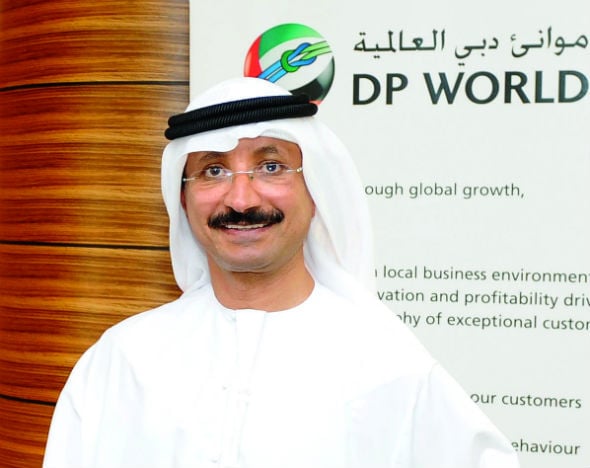
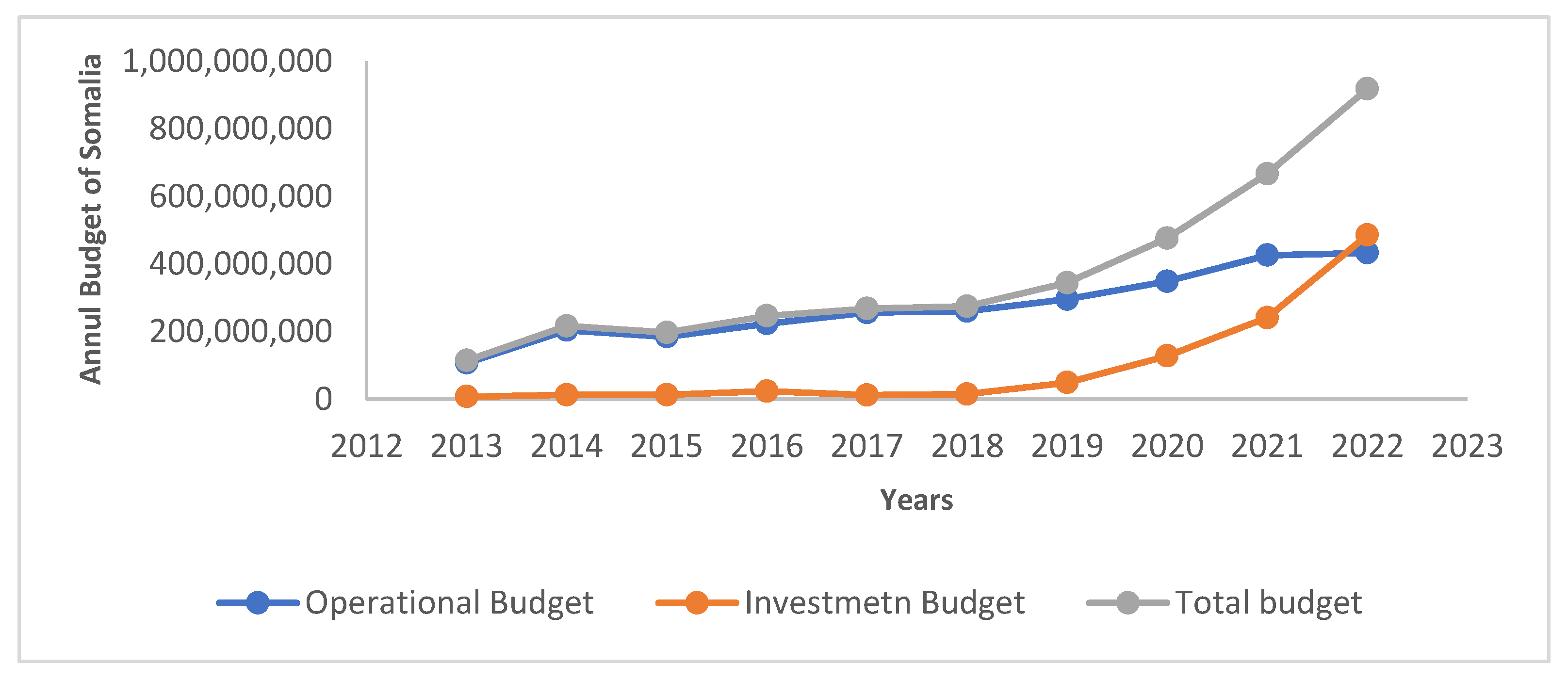
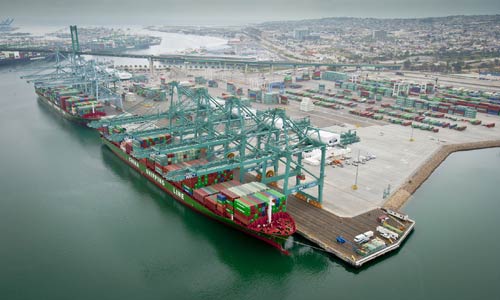

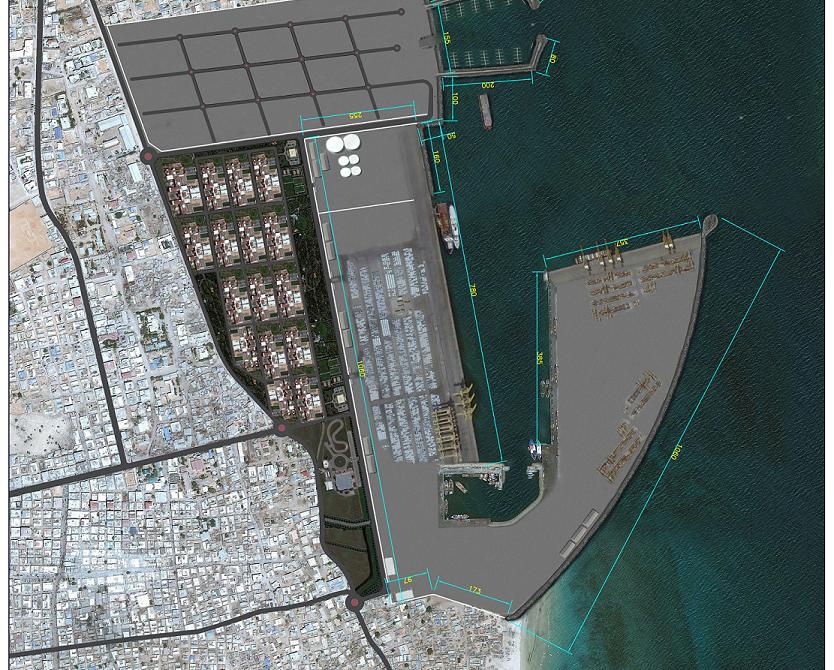



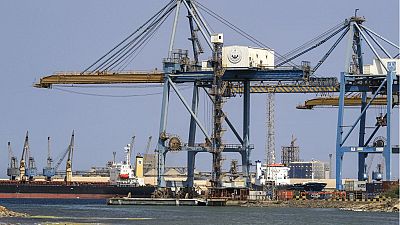
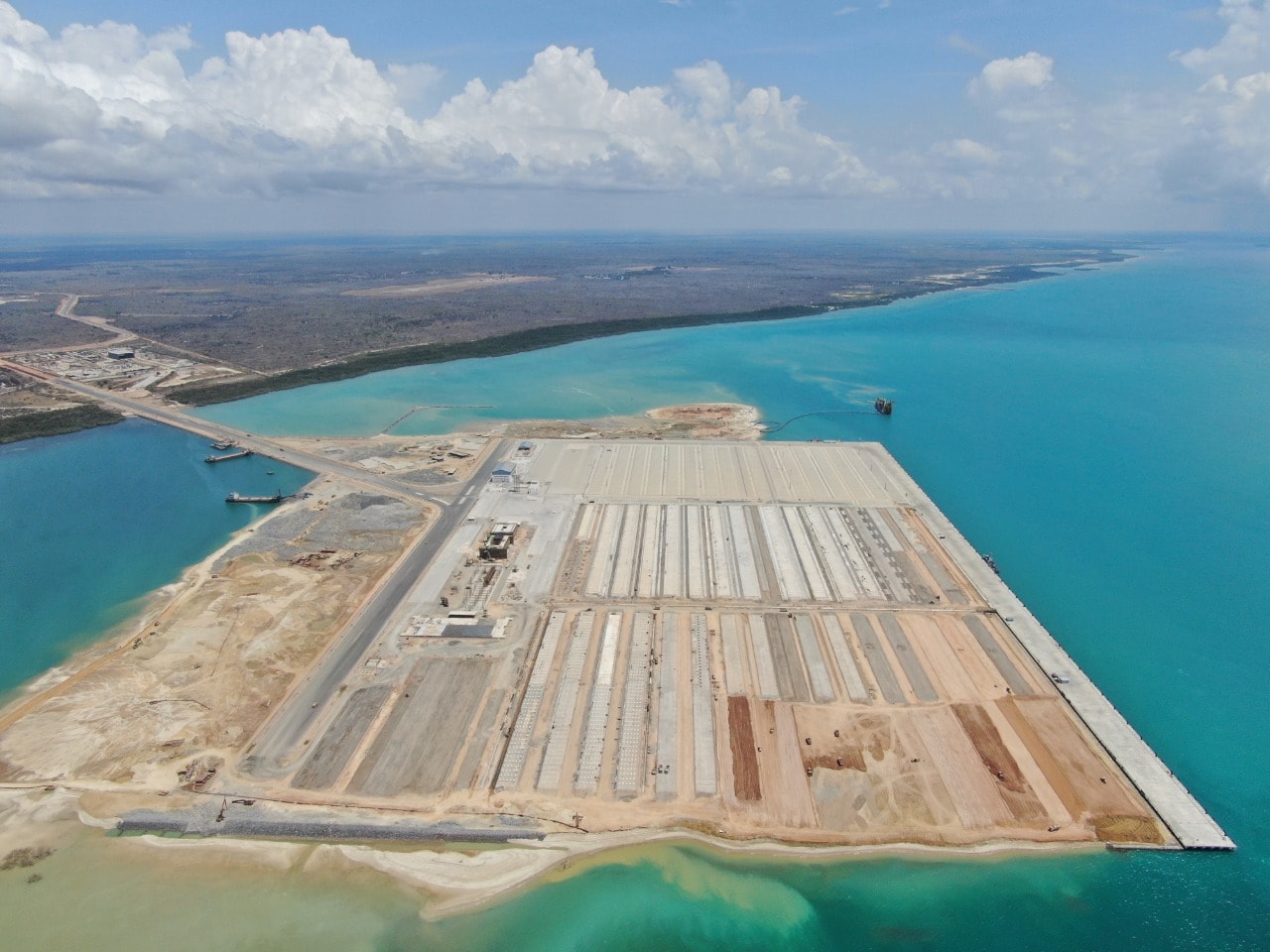
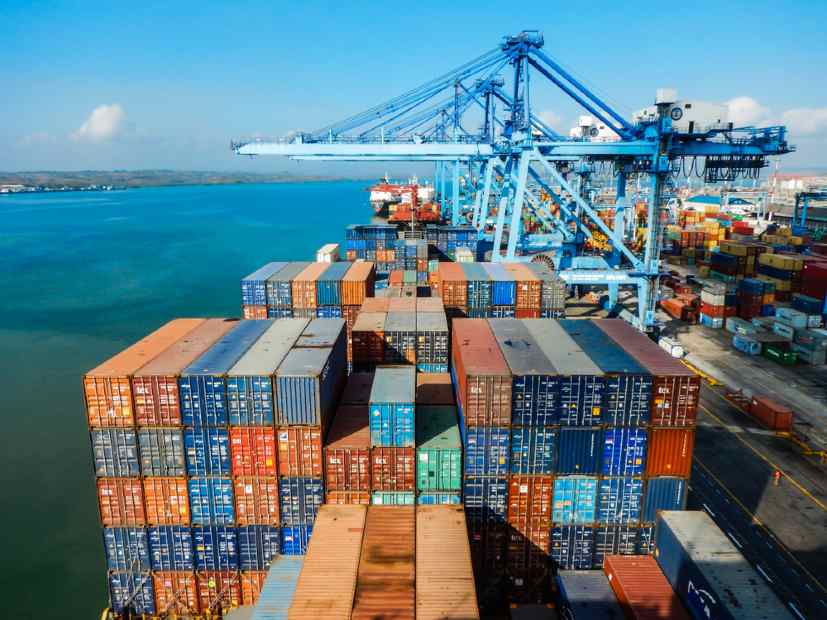


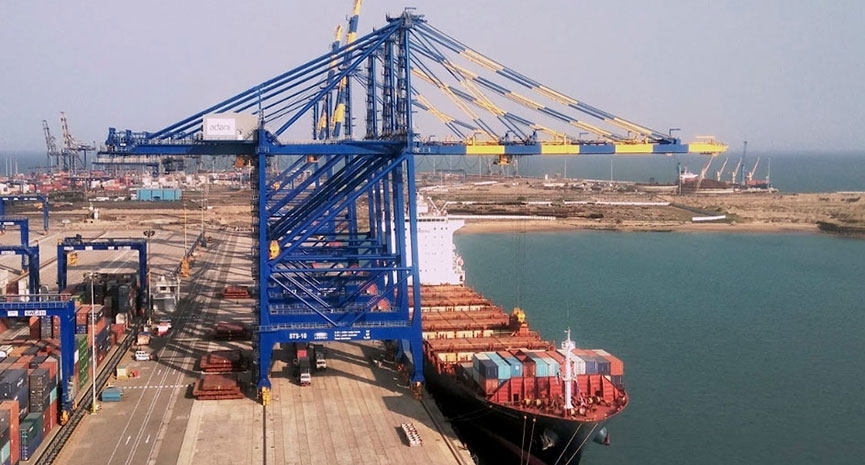
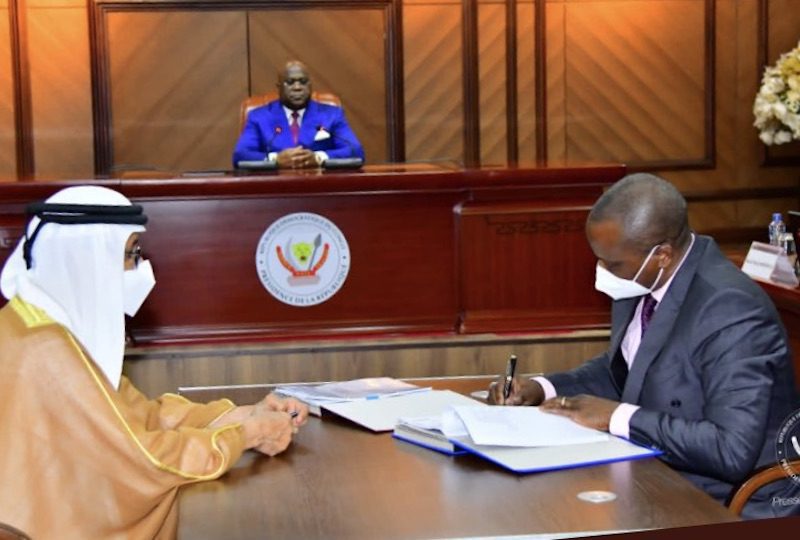
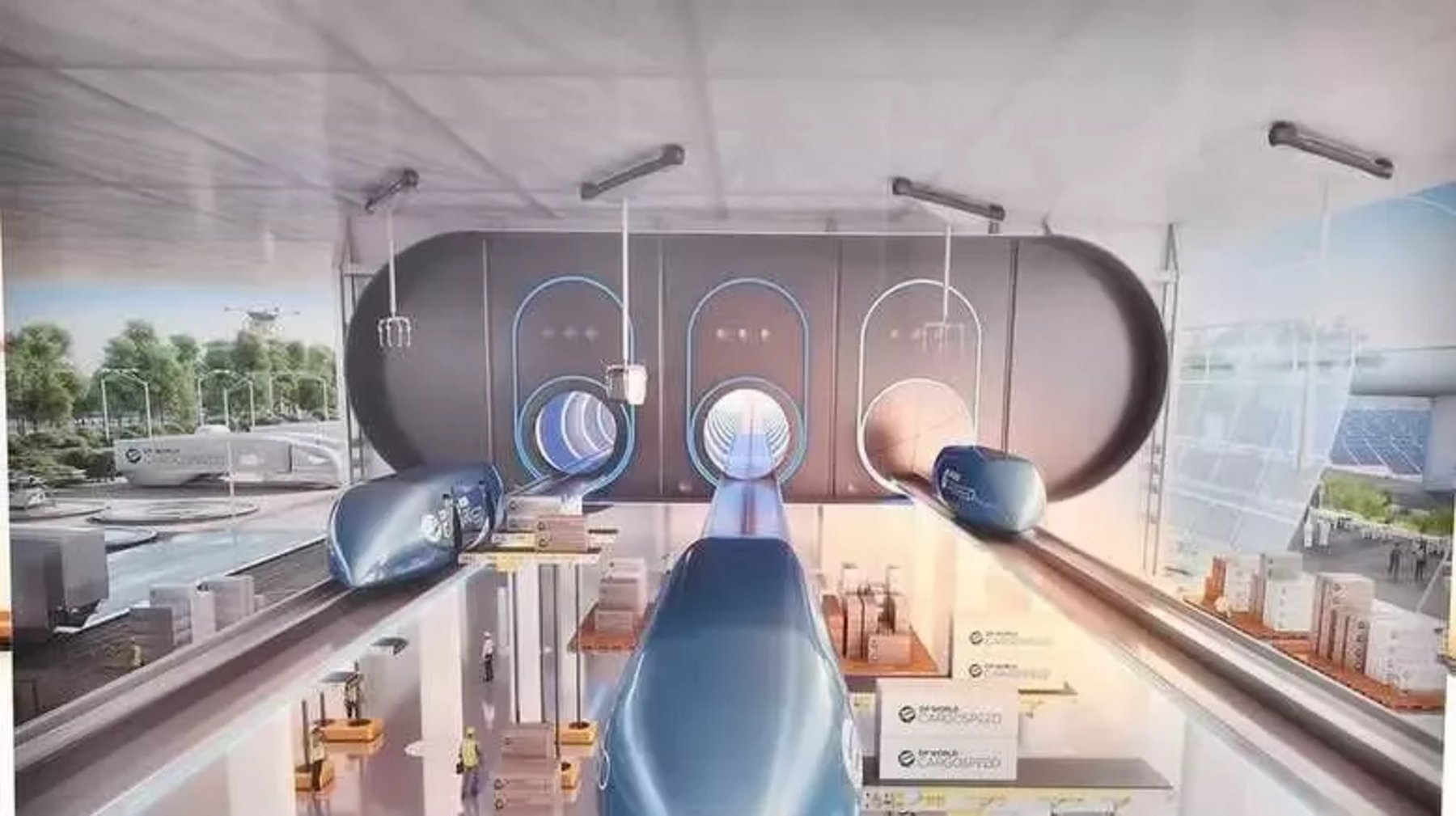

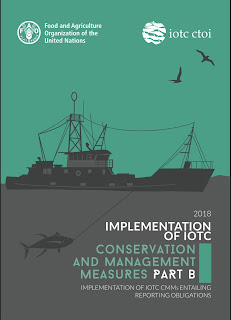







Exploitation for me, because 1. it seems the country put all their eggs in one packet, the country shouldn't depend on one company to run all its ports.
ReplyDelete2. The company controls the country's potential: either to expand or create other opportunities..
Other then that nice piece.
Remember that it’s usually about 30 year agreement. If we borrow funds from Word Bank or IMF, We would be paying it for many years to come with interest! So investing with DP World is a cost effective way from Somalia’s point of view! Yes, there are pros and cons of everything to sign, but they’re already in the region, deeply invested!
Delete